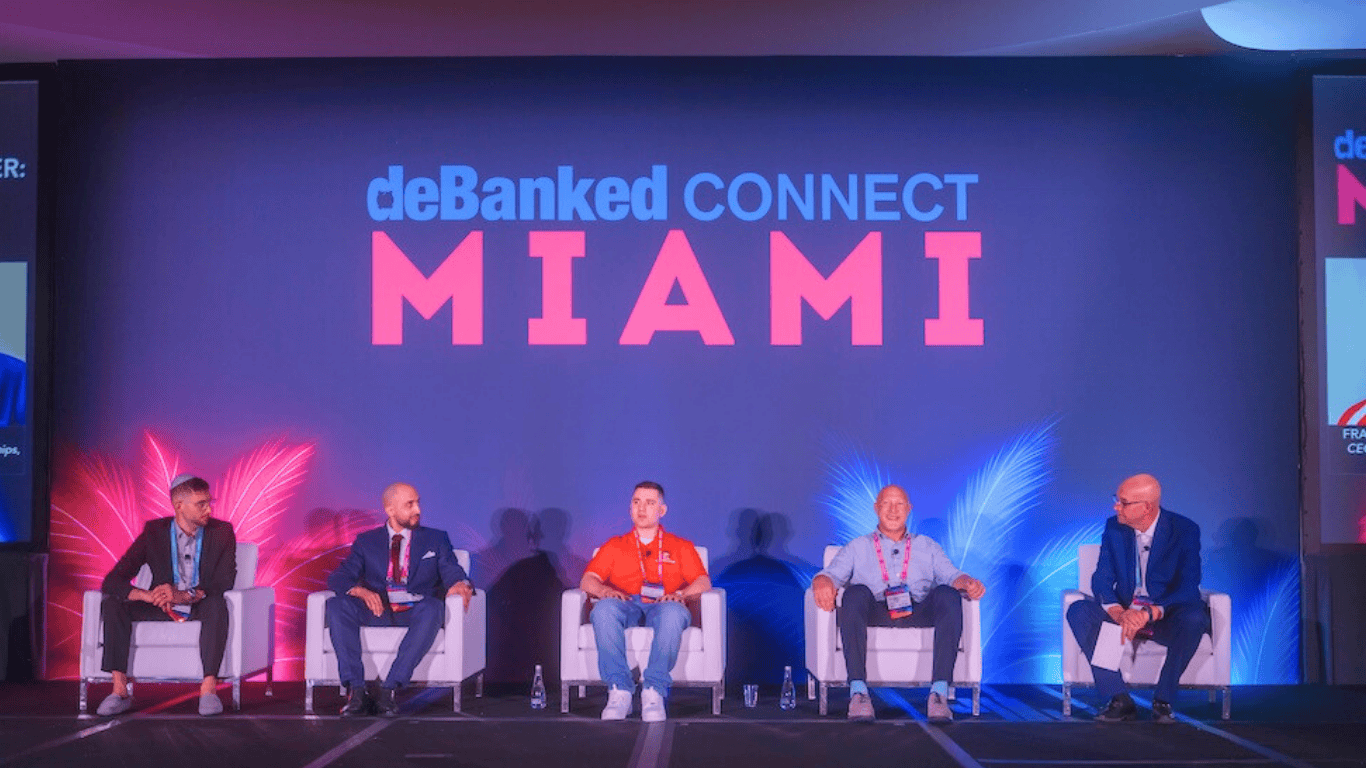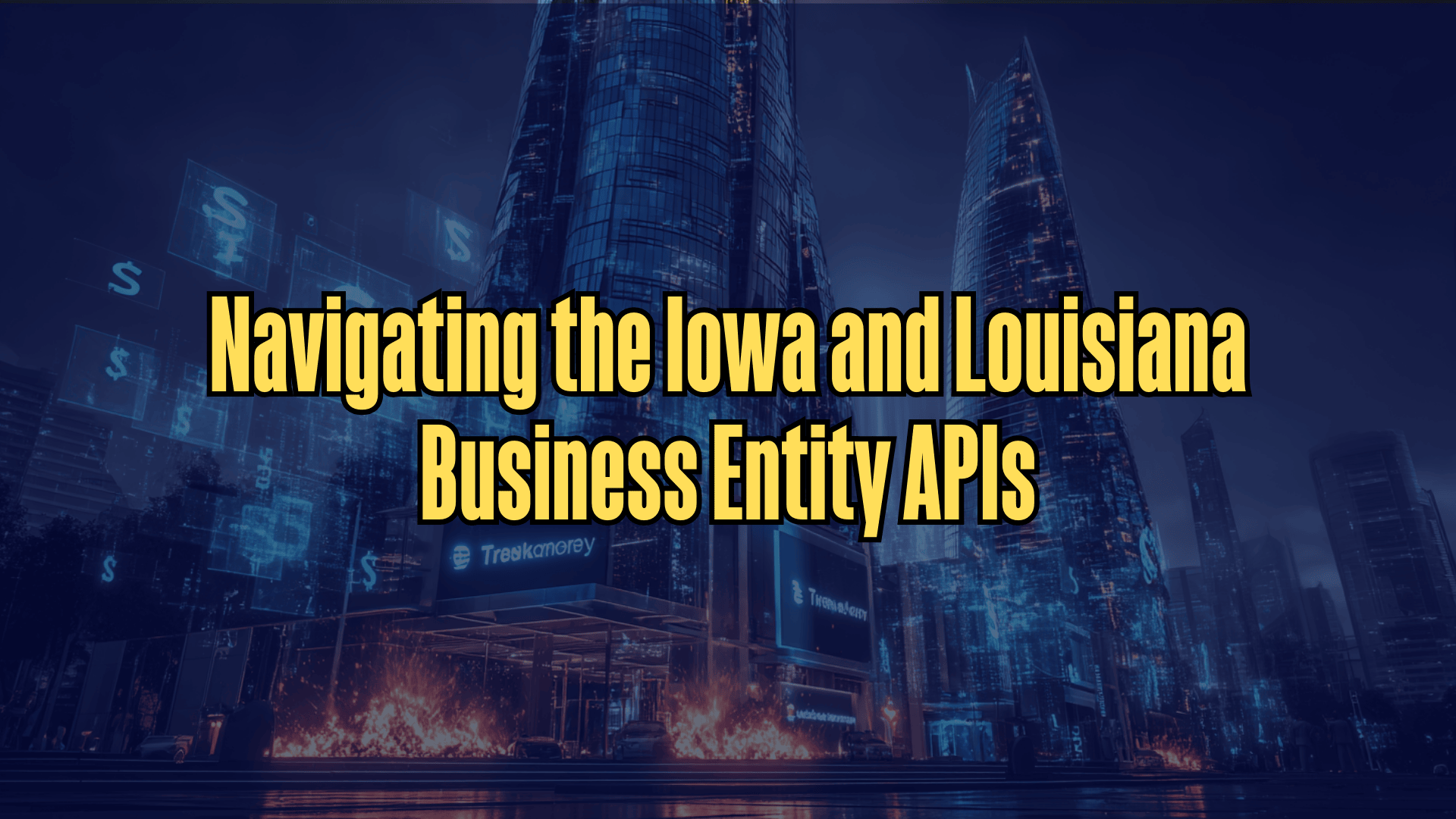When evaluating a Georgia-based business, distinguishing between "Active/Compliance" and "Active/Noncompliance" is absolutely critical. While both might technically signify an "operational" entity, the underlying implications for your lending portfolio could not be more different.
Let's dissect these statuses to illuminate the profound risks and opportunities they present:
1. "Active/Compliance": The Gold Standard of Operational Integrity
For a Georgia business, an "Active/Compliance" status is the ideal scenario, signaling a bedrock of stability and adherence to statutory obligations.
- Definition and Core Indicator: This status signifies that "The business entity is currently operational and in full compliance with all state regulations, including necessary filings and fee payments". It's the strongest signal that the business is responsibly managing its legal obligations and likely maintaining sound financial practices.
- Profound Implication for Lenders: A business in full compliance demonstrates organizational maturity and a proactive approach to governance, which directly translates to a lower probability of future administrative or legal roadblocks that could impede loan repayment. This provides lenders with a higher degree of confidence in the borrower's fundamental stability.
- Streamlined Underwriting Pathways: Such entities often present a clearer, cleaner historical record, enabling faster automated underwriting through platforms leveraging real-time Secretary of State (SOS) data. This reduces manual review time and accelerates the path to competitive loan offers for your most qualified applicants.
- Reduced Post-Funding Monitoring Burden: While continuous monitoring is always advised, businesses consistently in "Active/Compliance" generally require less intensive post-funding oversight related to their legal standing, freeing up your portfolio management teams to focus on higher-risk accounts or growth initiatives.
2. "Active/Noncompliance": A Flashing Red Light Demanding Immediate Scrutiny
In stark contrast, "Active/Noncompliance" is a nuanced, yet deeply concerning, status that demands heightened due diligence from any lending institution. While the business is "operational," it carries significant underlying vulnerabilities.
- Definition and Core Risk Indicator: This status means "The entity is operational but not fully compliant with state requirements, putting its good standing at risk". It suggests "potential management or financial issues that could escalate," necessitating a careful assessment of the specific non-compliance factors and their potential impact on the business's stability.
- Escalated Default Probability: Noncompliance, even while active, is a strong precursor to financial distress. A business struggling to meet basic state fee payments or filing requirements is likely experiencing deeper cash flow problems or internal disorganization. This significantly increases the risk of loan default, as operational hindrances can directly impact revenue generation and repayment capacity. For example, similar "Noncompliance/Nonpayment" statuses explicitly "raise red flags for lenders, as it may indicate financial difficulties or poor management practices that could affect the business's ability to meet loan obligations".
- Legal and Operational Impediments: A non-compliant status can quickly snowball into more severe penalties, such as administrative dissolution or revocation of the business's legal authority to operate. Imagine a scenario where a borrower's legal standing is compromised mid-loan, impacting their ability to enter into new contracts, enforce existing ones, or even conduct normal business transactions. This directly jeopardizes your loan's enforceability and collateral recovery options. Tools providing real-time data from primary sources, like the Cobalt Intelligence SOS API, are invaluable here, as they allow for continuous monitoring of these critical status changes.
- Increased Fraud Risk and KYB Lapses: A "Noncompliance" flag can indicate a lack of transparency or even attempts to conceal underlying issues. Businesses failing to maintain good standing might also be less scrupulous in other areas, increasing the likelihood of fraudulent activities. For alternative lenders, robust Know Your Business (KYB) and Anti-Money Laundering (AML) compliance are paramount. Overlooking such a status could be viewed as a deficiency in your due diligence, exposing your institution to regulatory fines and reputational damage. Leveraging a Secretary of State API can help verify provided information and detect unregistered, expired, or inactive businesses, which directly aids in fraud detection.
- Heightened Audit Scrutiny: Lending to a portfolio laden with "Active/Noncompliance" entities will undoubtedly attract intense scrutiny from internal and external auditors. Demonstrating that your underwriting process adequately identifies and mitigates the risks associated with such statuses becomes a critical, time-consuming exercise. This diverts valuable resources that could otherwise be allocated to expanding your market reach or optimizing core lending operations.
The Imperative of Real-Time Business Verification
For sophisticated lending operations, particularly in the dynamic alternative finance space, relying on static or periodically updated data for business verification is a relic of the past. The fluidity of business entity statuses, especially in states like Georgia, demands real-time intelligence to accurately assess risk and maintain compliance.
- Leveraging Real-Time APIs: Solutions like Cobalt Intelligence's Secretary of State API provide direct, real-time access to primary source data from all U.S. states. This means you're getting the most up-to-date information on a Georgia business's operational and compliance status, reflecting changes as recent as an hour ago. This is a significant advantage over systems that rely on cached data, which might be updated only monthly and miss critical recent changes.
- Automated Underwriting and Fraud Prevention: Integrating such an API allows for automated business verification, dramatically reducing manual tasks and human error. This automation is key to handling high volumes of loan applications efficiently, enabling faster underwriting decisions, and providing confidence scores for name matching to ensure accuracy even with slight variations in input. As 1West demonstrated, this integration can lead to significant improvements in operational efficiency, accuracy, and fraud reduction, freeing up staff and leading to better loan terms for customers.
- Comprehensive Risk Picture: Beyond just compliance status, advanced APIs can also pull Uniform Commercial Code (UCC) data to uncover liens, TIN/EIN verification for tax ID accuracy, and even court records in specific jurisdictions. This multi-layered approach provides a holistic view of a borrower's financial and legal landscape, empowering you to make smarter, more informed credit decisions and significantly curtail the risk of approving fraudulent applications.
In essence, while an "Active/Noncompliance" status in Georgia for a business indicates it's still operating, it simultaneously broadcasts a clear signal of underlying risk and potential instability. For alternative lenders and institutional executives, this distinction is paramount, underscoring the indispensable need for real-time, comprehensive business verification tools to safeguard your capital and maintain your competitive edge in the market.












.png)